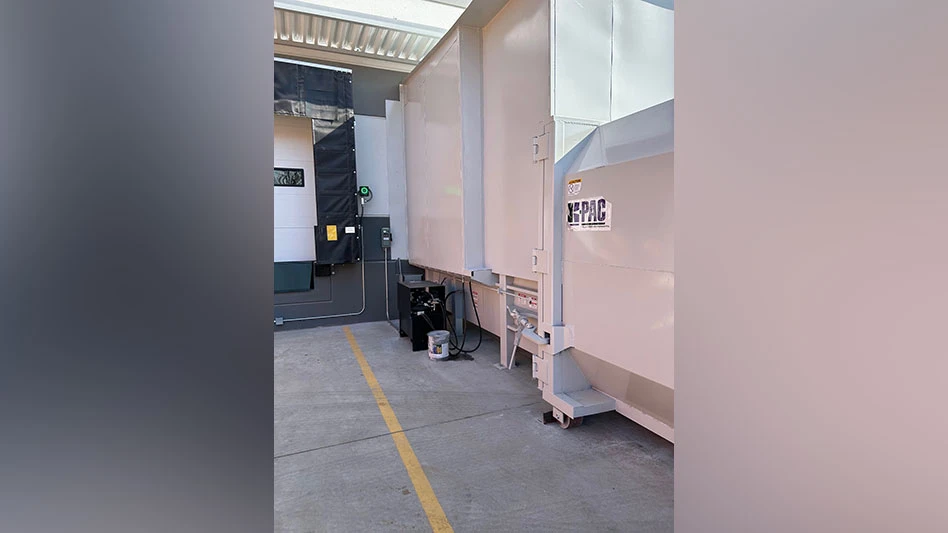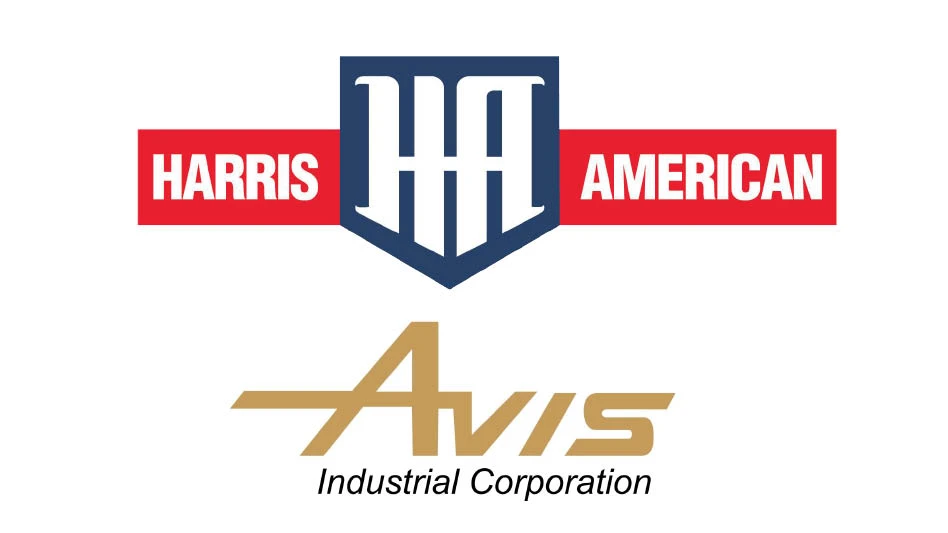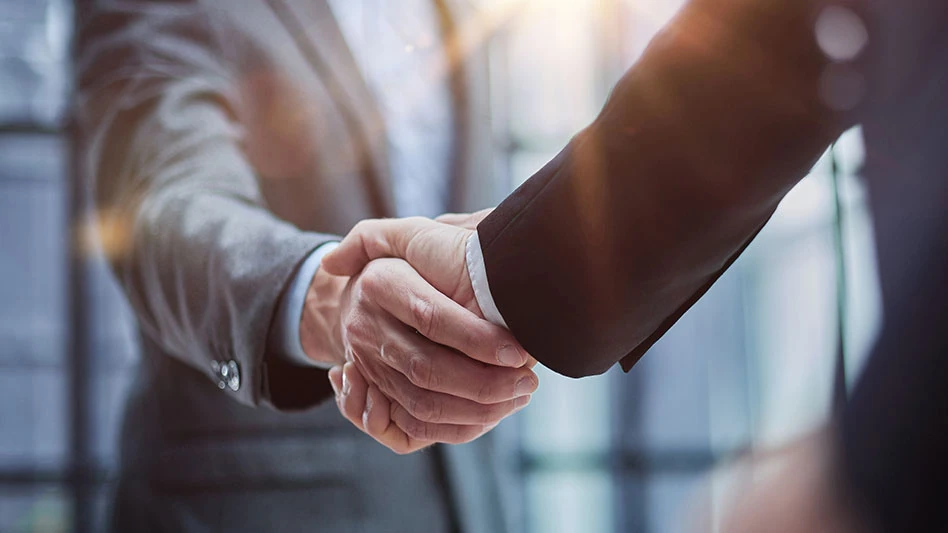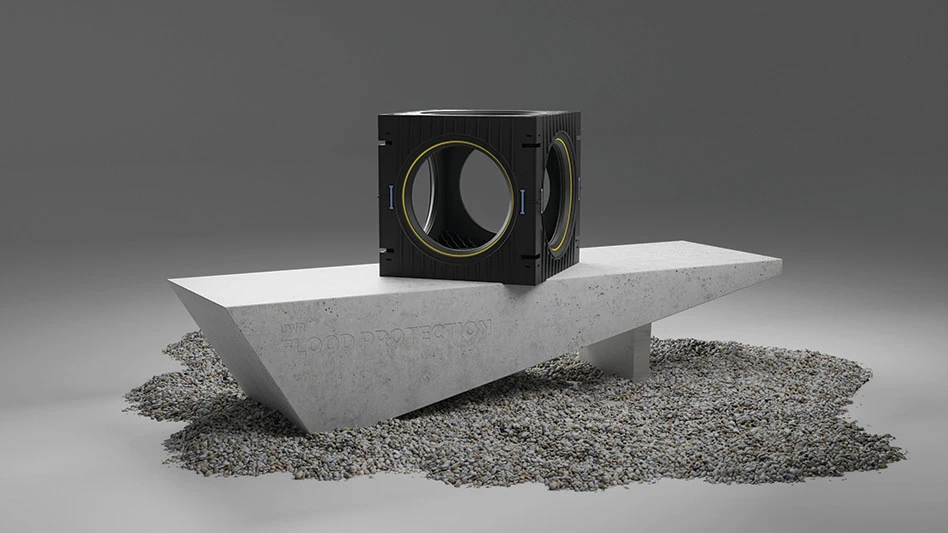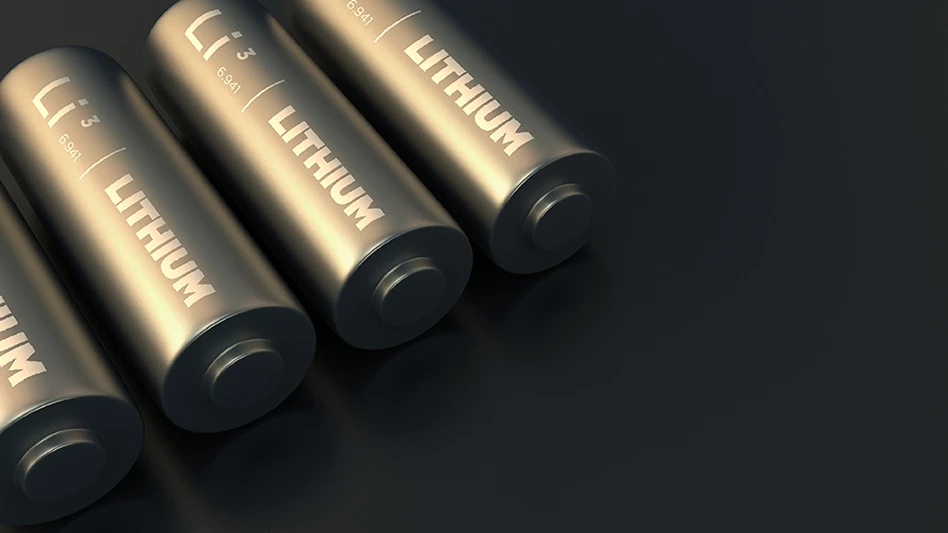
Tuna salmon | stock.adobe.com
Ace Green Recycling, Singapore, and the U.S. Department of Energy's National Renewable Energy Laboratory (NREL) have signed a cooperative research and development agreement to further develop Ace's lithium-ion battery recycling technology for the recycling of graphite, lithium iron phosphate (LFP) and other cathode active materials.
Located in Golden, Colorado, NREL is a DOE national laboratory focused on renewable energy and energy efficiency research and development. As part of this mission, NREL says it is committed to the development and deployment of key breakthroughs for battery recycling technologies.
According to Ace, the volume of LFP battery-based electric vehicles is primed to grow significantly in coming years with major automobile manufacturers like Tesla and Ford switching to LFP from nickel and cobalt-based batteries due to cost. LFP battery recycling is challenging due to the difficulty in extracting valuable materials profitably, Ace says.
“Current hydrometallurgical recycling methods focus on extracting high-value materials from LFP batteries, such as lithium and copper,” says Andrew Colclasure, a researcher at NREL. “To encourage a more holistic approach to recycling, we must demonstrate efficient processes that also recycle low-value materials, such as graphite and iron phosphate, into commercially viable products. We look forward to working alongside our industry partners to advance low-cost recycling technologies to make the process more economical and environmentally friendly.”
Ace’s proprietary technology for recycling LFP batteries at bench scale is undergoing commercial scaleup. Under this research agreement, NREL will assist ACE in evaluating commercialization of this process to recycle LFP batteries and to upcycle graphite to battery grade.
"We are excited to work with the talented team at NREL in our journey to commercialize our lithium-ion battery recycling technology and help the United States move towards sustainable domestic battery materials supply chain,” says Vipin Tyagi, Ace co-founder and chief technology officer.
As part of the agreement, NREL will provide its capabilities in cell production, modeling, analysis and other tools to help develop Ace technology at the NREL laboratory in Golden, Colorado. The project aims to identify optimal recycling parameters for LFP and graphite that will maximize performance and lifetime requirements of batteries made from recycled materials, Ace says.
Ace says the upcycling of graphite from its technology can help solve the dependence of approximately 66,120 tons of graphite electrodes currently imported to the U.S.
Latest from Recycling Today
- Enfinite forms Hazardous & Specialty Waste Management Council
- Combined DRS, EPR legislation introduced in Rhode Island
- Eureka Recycling starts up newly upgraded MRF
- Reconomy Close the Gap campaign highlights need for circularity
- Nickel carbonate added to Aqua Metals’ portfolio
- EuRIC, FEAD say End-Of-Life Vehicle Regulation presents opportunity for recyclers
- Recyclers likely to feel effects of US-China trade war
- BCMRC 2025 session preview: Navigating battery recycling legislation and regulations


